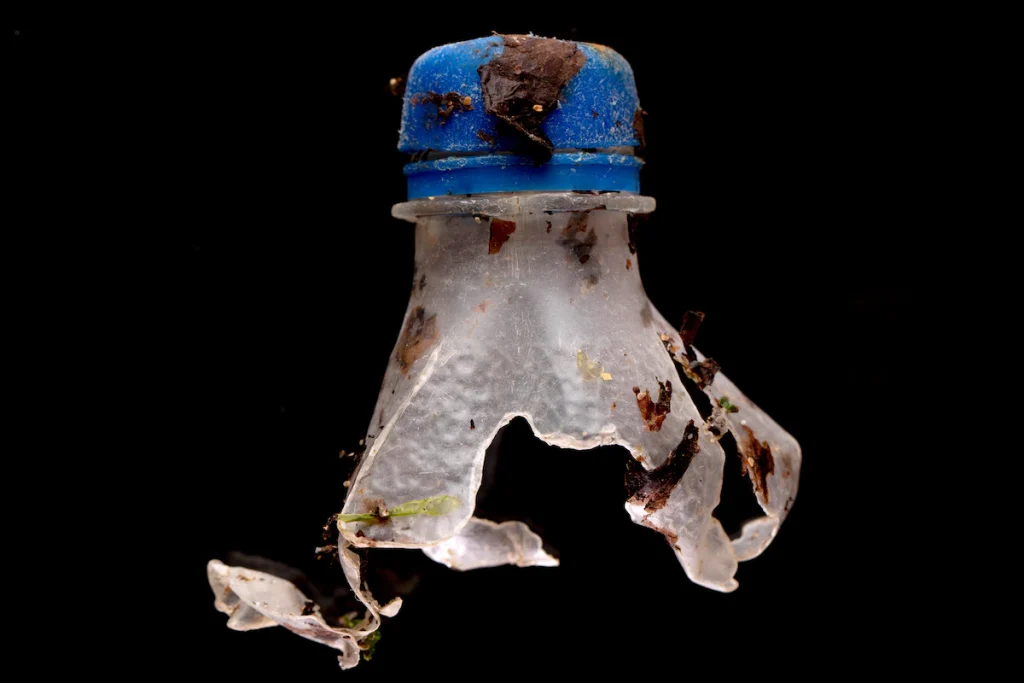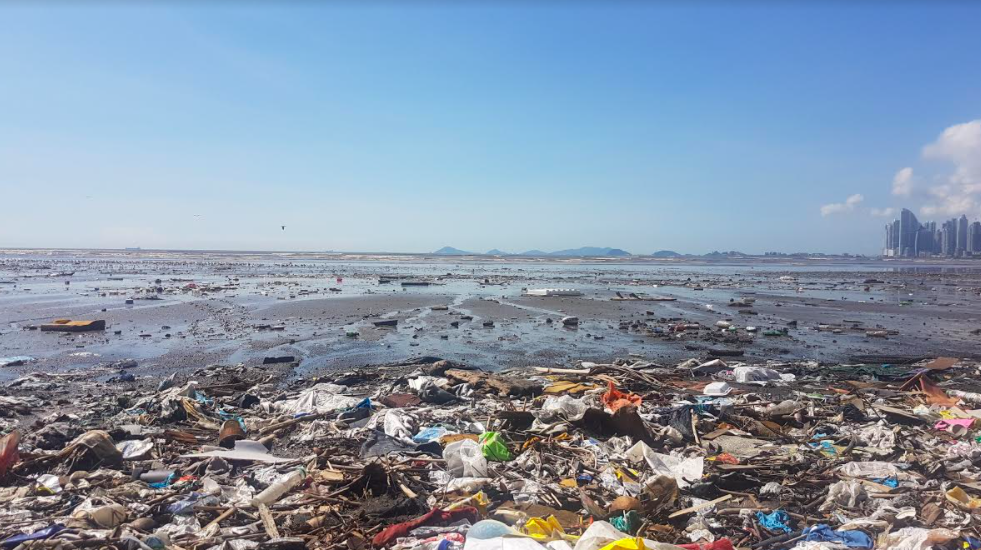In general, various approaches can be extracted from the recycling cycle, which can take different forms depending on the time and place. Energy is always an important issue in the autumn and winter season in the Northern Hemisphere. For many years, the European Union, Scandinavia, America and Canada have had thoughtful dealings with this issue.
Technological, scientific and technological approaches in waste and energy crisis
Technological, scientific and technological approaches in the field of new energy, clean energy, energy transfer and development of the energy cycle have always been the main discussion of the academic, commercial and industrial circles of these countries.
The high ability of these countries in the production of science and technology development has made them avoid the crisis in the field of energy. The art of these countries in the consumption management sector has also improved because energy is not considered as a problem in these countries.
But the point to be acknowledged is that energy production and its transmission is a very expensive matter. Therefore, many parameters have affected the approach of energy industry decision makers.
Hydrogen fuel sources, and the combustion of hydrogen in power plants to turn turbines, is not a new topic. But due to the limited number of energy producers and the increase in consumption, large governments such as Germany and Canada on both sides of the globe have started strategic interactions to achieve a roadmap for the development of the infrastructure of this particular type of energy production.
Clean energies, including wind, water and solar energy, can also provide a part of the world’s energy needs. But the important point in the field of these energies is the geographical limitation in production, the seasonality of production and the problem of optimizing storage devices.
For this type of energy, the issue of transferring it to long distances is an issue that does not seem very economical due to the high production volume of this type of energy, and generally, this type of energy is produced near its consumption circuit and used.
Solar energy is also very attractive for its producers. The remarkable efficiency of this type of energy is exemplary among clean energies, but the production of this type of energy is uneconomical for many countries that benefit from the sun for long hours of the day and night due to economic issues.
The countries of Southwest Asia, the countries of the central plateau have a high potential in producing this type of energy. But these countries, due to having oil and gas and many political and economic problems, often refuse to produce large volumes in this area and do not take advantage of this potential.
Wars, as ominous phenomena, have crisis effects on the body of the energy industry. The wars that happened in the Middle East in recent years or the war that is happening in Ukraine recently, have been able to affect the energy industry and even cause crises at times.
Wars on several fronts can affect the energy industry. Wars have irreparable effects on energy production, energy transmission, energy industry development and energy efficiency.
Therefore, with the given coordinates of energy and the factors affecting it, it is necessary to think of solutions to help this industry or even alternative solutions.
Today’s world needs new ideas in every field. Especially the areas where we are facing increasing consumption and decreasing resources.
The circular economy has been created in a world that always revolves around “from production to consumption and from consumption to re-production”. The production of homogeneous loops of resources, materials and productions in industrial cycles has caused the economy of industries to follow this circuit and be a reinforcing function on this circuit.
Self-reinforcing loops in production make the cycles stronger and increase production. This is not an exception in energy. The strengthening of these loops has also made the energy economy prosperous, and its minimum effect is to create a balance between supply and demand and ultimately price stability for energy consumers.
In the meantime, the use of a new solution in the field of recycling has also been interesting for the industrialists in the energy field. The subject of recyclable waste in the production supply chain has become increasingly popular in recent years, and as a result of this important issue, energy production through the use of waste has also been raised.
For many years, the burying of waste and its dangerous effects on the world have been studied by geologists, environmental scientists, etc., and the disadvantages of burying waste in the ground are not hidden from anyone.
With the advancement of industrial waste recycling technology, it has become the most important environmental and human challenge of our time, for which different countries have taken different procedures.
Industrialized countries usually have the highest rate of waste production because the production and consumption of goods in these countries is high; But the basic point, which is also one of the indicators of development, is 100 percent recycling and waste management culture.

The approach of countries around the world in facing this crisis
60% of UK household waste can be recycled or repurposed, but in the UK only 17.7% is recycled and 78% is landfilled.
This is due to the fact that more than 5.3 million tons of garbage are produced in the world every day, and Iranians produce 40,000 tons of garbage per day with an average of 700 grams per capita.
Meanwhile, Germans produce 90,000 tons of garbage every day, which seems disastrous at first glance. But in developed countries like Germany, 80% of waste is recycled, while in Iran, less than 5% of waste is returned to the cycle of use, and the disaster begins right here.
When we are faced with a mountain of waste and we don’t know what to do, while on average developing countries spend 5% of their GDP per capita on municipal waste management services.
Japan allocates 5% of the municipal budget to this. In Malaysia, 70%, in India, 86%, and in Indonesia, 90% of municipal solid waste management costs are spent on waste collection.
On the other hand, in developed countries, the services of collecting recyclable products are very high and the processing and recycling facilities are very advanced, and the market of recycled products is very wide.
Meanwhile, practical methods to reduce the damage that wastes cause to health and the environment are well known. In the meantime, the European Union always emphasizes on the 4 principles of reduction of raw materials, reuse of products, recycling and energy recovery.
#energy #energycrisis #wastetoenergy #wastetovalue #recycling #gain #gainsolutions #gainrecycling





